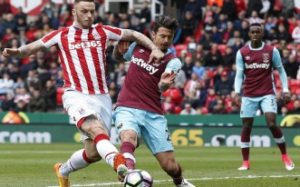
Further changes
It has been suggested by many industry insiders that this could be just the tip of the iceberg, and may well lead to further major changes in the sports betting industry.While this is only speculation at this point, the conversation over sports betting advertising has grown a great deal in recent years, especially involving football.With many Premiership clubs, and over 50% of Championship clubs having gambling companies as their shirt sponsors, the suggestion from some is that more people have been attracted to gambling as a direct result of gambling advertisements at live sporting events, and during televised broadcasts of events.The debate over television adverts during live broadcasted football came to a head during the 2018 World Cup in Russia, when around a sixth of ITV’s advertising was gambling related, equating to 90 minutes of screen time.
Will it work?
There is optimism amongst anti-gambling campaigners that not only will this change have a direct effect on consumers, it will also inspire bookmakers to raise their levels when it comes to the protection of vulnerable gamblers.However, campaigners have made it clear that there is a lot more to be done, especially by gambling companies.With the UK Gambling Commission, the Advertising Standards Authority, and the UK Government clamping down on operators seen to be failing to comply with regulations when it comes to the protection of young and problem gamblers, it is likely that we will see ore action taken by operators who are looking to avoid the ire of those organisations.











